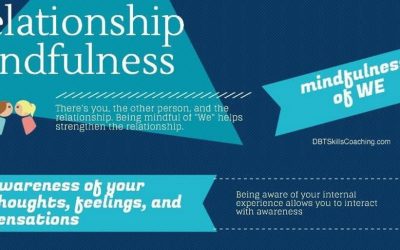Lauren arrives at Amy’s house full of excitement. Her daughter was just accepted at a major university with a full scholarship. Amy wants to be happy for her friend, but, in that moment, she just wants her friend to leave. She has thoughts that she can’t stand it when Lauren brags. For the rest of Lauren’s visit, Amy is barely polite. Amy asks a few questions, but is preoccupied. Why couldn’t that happen for her daughter?
Lauren soon leaves. Amy is pretty sure that Lauren picked up on her lack of enthusiasm, but she doesn’t care. After all, it’s ridiculous how much Lauren brags. Later, she talks with her husband about what happened. He said, “You know, I think it’s understandable that Lauren was happy about the scholarship for her daughter. Her daughter is almost like a member of our family so she wanted to share it with you. It sounds like you were envious. Is that possible?”
At first, Amy was taken aback. She expected her husband to agree with her. After thinking about it though, she realized he was right. She was envious. It wasn’t about Lauren at all, it was her envy coming out. Once she had a label for it, Amy understood her behavior better and that it wasn’t really about Lauren at all. She could be happy for Lauren’s daughter, and really want the same for her own daughter.
Sometimes very basic skills can make a difference. Amy was envious of Lauren. Taking a moment, breathing, and then saying to yourself, “I’m feeling envious. That’s what’s going on,” makes a big difference in our behavior. Labeling our emotions is a key skill in not being ruled by them. When Amy labeled her emotion correctly, she was no longer the emotion itself, and no longer controlled by that emotion. She was able to separate from the emotion.
Research using fMRI brain scans shows that labeling an emotion decreases the activity in the brain’s emotional centers, including the amygdala. This allows the reasoning part of the brain (the frontal lobe) to take the lead and do what it does best, make choices and solve problems. Naming your emotions helps you regulate–kind of like a brake on your emotions. You may have many emotions during this stressful period. Be mindful of all the emotions you are experiencing and label them! Put a name to what you are experiencing. That can also help you choose what coping skills might be most effective.
Live a skill-full life. Karyn Hall, Ph.D. May 2, 2020





0 Comments